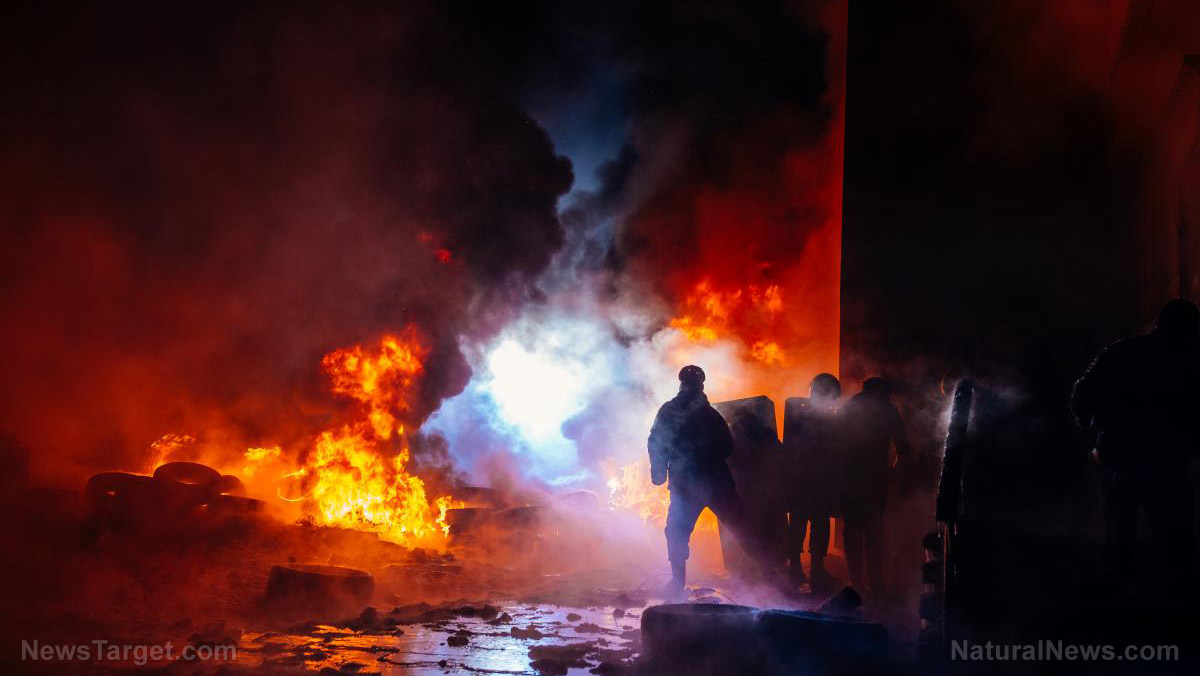
That’s according to Samuel Culper, writing at Forward Observer, a private-sector national and strategic intelligence site. In an analysis titled, “Is the United States Too Big To Govern?” he begins:
I look at it like this: the level of complexity required to “govern” the nation has exponentially increased, but the ability of our elected leaders to manage that complexity has not kept pace. What companies would still exist if their CEOs and Board of Directors couldn’t effectively manage the company? The answer is not many, and probably none of them. And so this, too, will likely become America’s Fate of Empire.
So why do we let government get away with waste, fraud, and abuse; corruption and violations of the rule of law (no one went to jail for the IRS scheme targeting conservative groups, no one went to jail for Fast and Furious, no one went to jail over Hillary’s private email server containing classified information, etc.); and general ineptitude at all levels?
Citing a New York Times article by the same headline, Culper notes that once you get past the customary bashing of President Donald J. Trump, the writer, sociologist Neil Gross, makes good points.
“What if trust in American democracy is eroding because the nation has become too big to be effectively governed through traditional means? With a population of more than 325 million and an enormously complex society, perhaps this country has passed a point where — no matter whom we elect — it risks becoming permanently dissatisfied with legislative and governmental performance,” Gross writes.
Gross goes on to quote Montesquieu, the French jurist and political philosopher, who once wrote, "In a large republic, the common good is sacrificed to a thousand considerations; it is subordinated to exceptions; it depends on accidents. In a small one, the public good is better felt, better known, lies nearer to each citizen; abuses are less extensive and consequently less protected.”
All good observations notes Culper, who adds that in today’s America, our elected officials are “insulated” from the people mostly by geography but also by a rigged judicial system and layers of political protection. In short, they may have been elected by the people but they have become, in many ways, unanswerable to them.
Our lawmakers, it seems, have become ‘too big to fail’
Then, of course, there is the issue of regional defiance and the seeming inability of the federal government to implement its will. Take local sanctuary cities or, in the case of California an entire sanctuary state; the law is clear regarding illegal immigration but cities and states flout those laws with impunity, even when an administration attempts to crack down on the lawlessness.
There are three problems with large countries, both analyses pointed out:
— Voter turnout tends to be lower because voters feel ignored and disenfranchised;
— There is a distinct lack of political accountability and “responsiveness;”
— Because of its size and diversity there is a lack of social trust.
The United States is experiencing all of these phenomena. (Related: If our economy collapsed today, could we handle food rationing? Experts say no.)
Culper notes that American multiculturalism is not a strength, as the Left asserts, but actually a detriment. He says that by its very nature multiculturalism highlights social and cultural differences, not similarities, which is then seized upon by political opportunists to drive wedges between people.
“Diversity is not strength,” he writes. “Unity is strength.”
And there is unity when people have a shared culture and history.
Gross writes that it’s possible to salvage our diverse, multicultural society if we agree to work towards inclusiveness and commit to a “sense of shared responsibility and trust among different groups.”
Culper thinks as a country in 2018, we’re well beyond that point. Today, he writes, “this is simply not a realistic solution.” Rather, he sees the solution as dissolution of the U.S. into much smaller, more easily governable, regions.
Read more about our civil discourse at CivilWar.news.
J.D. Heyes is editor of The National Sentinel and a senior writer for Natural News and News Target.
Sources include:
Please contact us for more information.


















